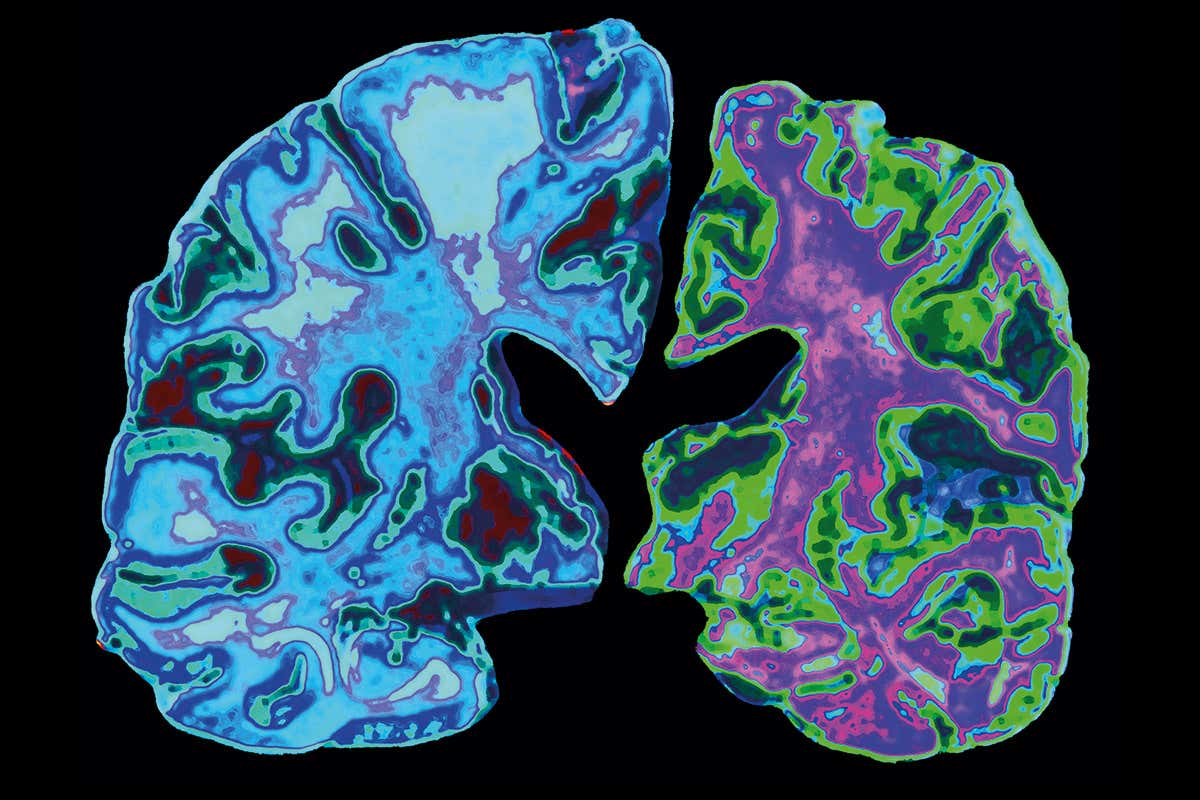According to a new study released in Scientific Reports, the gut microbiome may play a bigger role in neurodegenerative disorders than previously known.
In rodents, researchers at Oregon Health & Science University uncovered a correlation between the gut microbiome and Alzheimer’s disease, displaying amyloid pathology associated with neurodegenerative disease.
The study also points to an association between gut microbiome changes and epigenetic changes in neural tissue in a brain region implicated in dementia known as the hippocampus.
“The microbiome is a complex assemblage of microorganisms such as bacteria that play a critical role in a wide range of functions in the body. In this case, researchers wanted to see if the gut microbiome affected cognitive and behavioral measures in specially bred mice at 6 months of age. So they compared wild-type mice with those genetically engineered to carry the human amyloid precursor protein gene with dominant Alzheimer’s mutations,” researchers wrote in a news release.
“They found changes in the gut microbiome—measured in fecal pellets—corresponded with epigenetic regulation of the apolipoprotein E and Tomm40 genes, both associated with Alzheimer’s. They found a clear correlation, but they still can’t say whether one causes the other,” the news release also states.
Based on the new findings, microbes may have a drastic influence on traits associated with Alzheimer’s disease through epigenetic changes in the hippocampus region. It may also be explained vice versa.
Future research aims to target diet through the use of genetically predisposed rodents.


